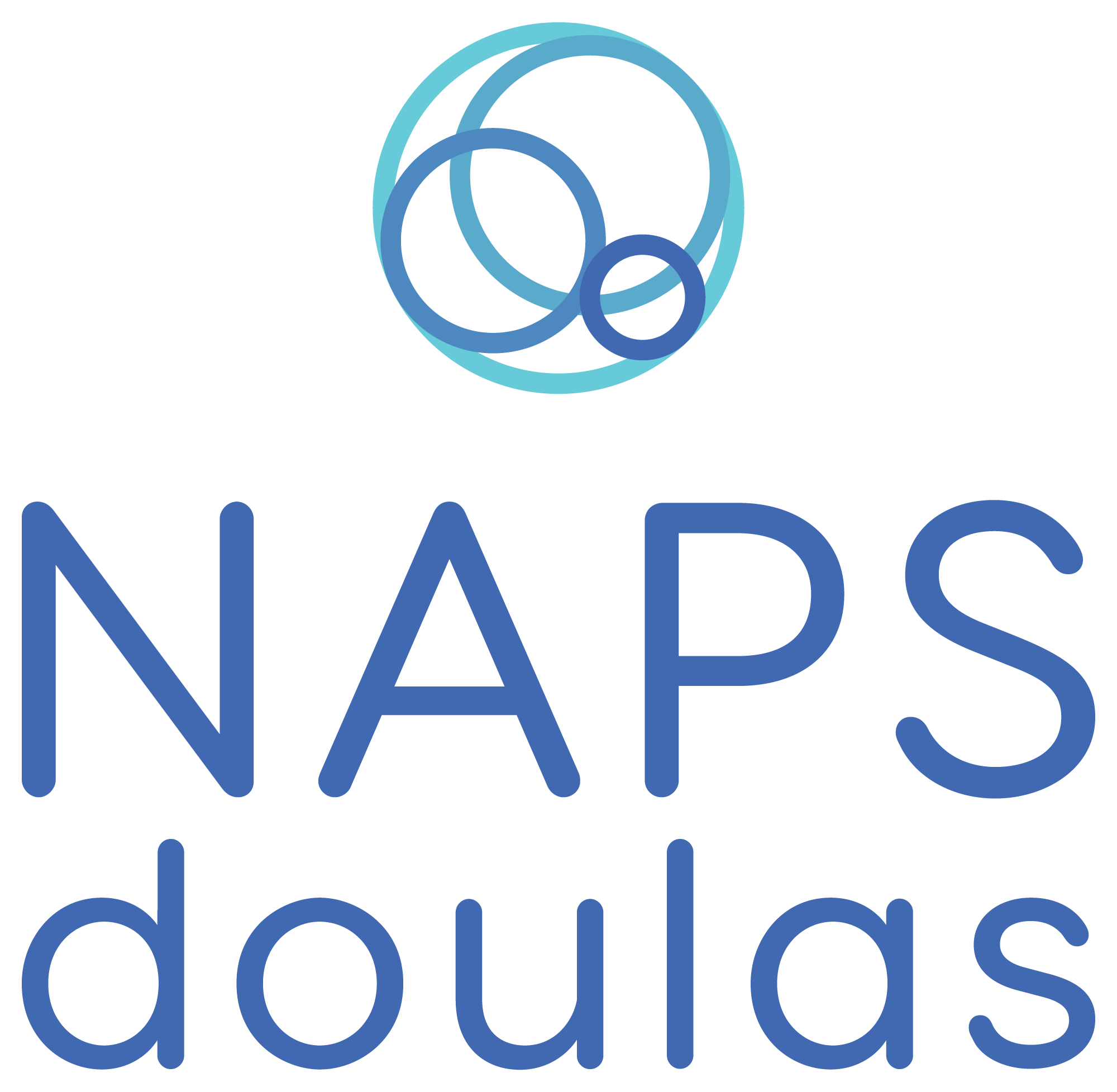About NAPS
We are a professional organization for doulas in the Puget Sound area, including Seattle
NAPS began in 1996 as a collective of postpartum doulas wanting to support each other and increase their visibility in the Seattle area. In 2021, 25 years later, NAPS became a full-spectrum organization.
We are a not-for-profit with a volunteer board of directors. We are able to offer continuing education, mentorship, peer support, marketing, and certification through membership dues, fees, and donations from our community. We will never request money from parents for doula referrals.
Mission Statement
The Northwest Association for Perinatal Support (NAPS) invests in a diverse and equitable community for doulas across the full spectrum of reproductive experiences. NAPS supports its doulas through mentorship, continuing education, peer connection, advocacy, competency-based certification, and promoting visibility within client and provider communities.
Vision Statement
NAPS envisions a strong community where every doula is supported and valued for their skills, experience, and contributions. NAPS envisions a world without adverse outcomes, with equitable access to culturally competent, full-spectrum doula care for all people, through the many thresholds of their reproductive lives.
Make a Donation
We appreciate donations of any amount. Your generous contributions help us enhance our member programs and provide support and education for our doulas. As a 501c6 organization, please note that your donation may not be tax deductible, but it will make a meaningful impact on the support we offer to families. Thank you for considering a donation to help us continue our mission!
Board Of Directors
NAPS Doulas is a not-for-profit 501(c)6 professional association with a working volunteer Board of Directors. All members of NAPS Doulas are encouraged to join the board and share their unique strengths with the community.
Feel free to contact us if you have any questions or comments!
Co-Directors
(2 open positions)
info@napsdoulas.com
Secretary
Denise Weinstein
secretary@napsdoulas.com
Treasurer
Rachael Katz
treasurer@napsdoulas.com
Referral Coordinator
Denise Messick
referralcoordinator@napsdoulas.com
Volunteer Coordinator
Amanda Granberg
volunteer@napsdoulas.com
NAPS Alliance for Social Equity (NASE)
Committee Co-Leads
Priyal Panchal and (open position)
nase@napsdoulas.com
Membership Committee Lead
Aleca Murphy
membership@napsdoulas.com
Certification Committee Lead
Caroline Moran
certification@napsdoulas.com
Mentorship Committee Lead
Leah Schilling
mentorship@napsdoulas.com
Continuing Education Committee Lead
Jordan Davison
continuinged@napsdoulas.com
Marketing Committee Lead
(open position)
marketing@napsdoulas.com
Board Member at Large
Mariana Graciano
memberatlarge@napsdoulas.com
Keli Schurman-Darby
grievance-memberatlarge@napsdoulas.com






